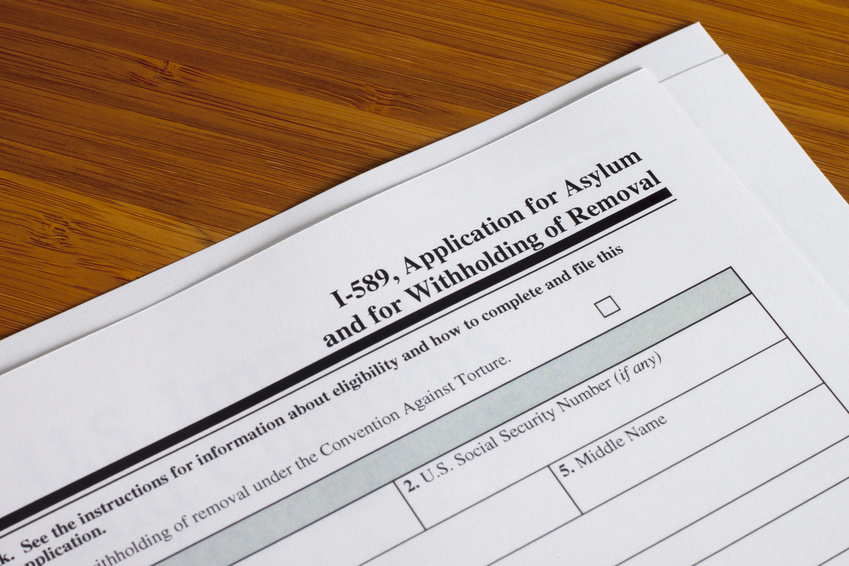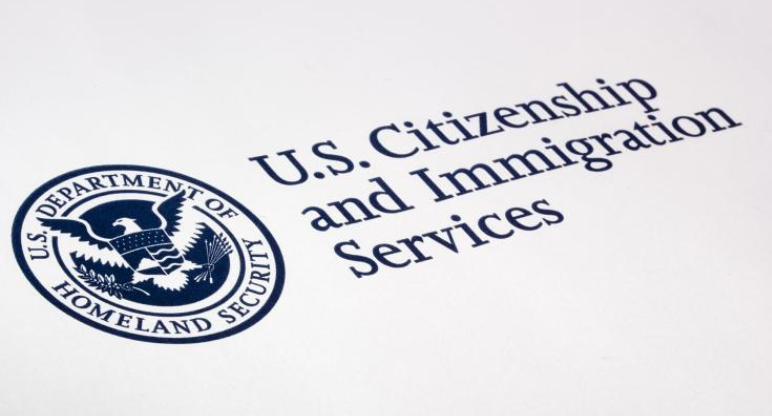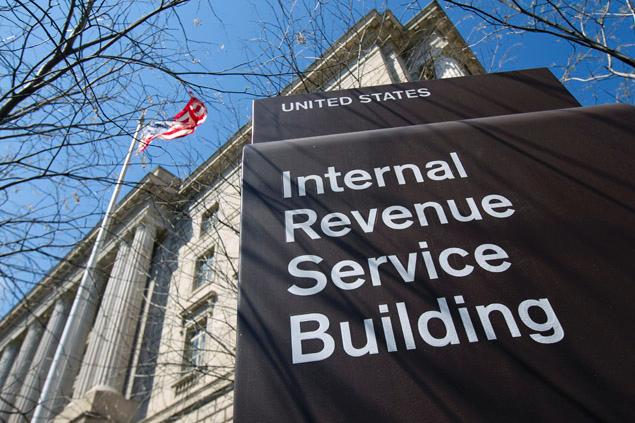Last month, an immigration court denied his final request to stay in the United States.
Officials at South Korea’s Ministry say they know of at least five adoptees who were deported back from the United States. But advocates for Korean adoptees say there may be more than twice as many, some undocumented.
Tossed back to a country they had left decades ago, these adoptees were once again foreigners struggling to adapt to an unfamiliar culture and language.
This can happen to a person who was adopted from a foreign country without following a proper procedure for applying for legal document, a proof his or her US citizenship. Sometimes people don't even realize the seriousness of their situation and lack of legal status in the United States until it's too late.
Read more here.





 RSS Feed
RSS Feed